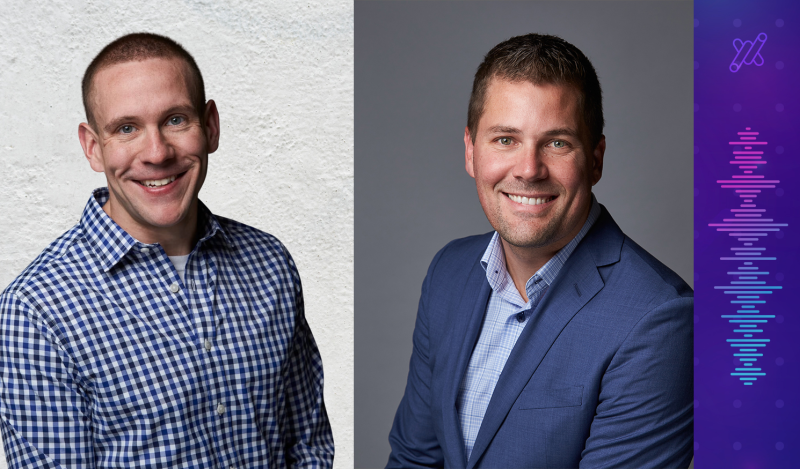Description
Mike Evenson was joined by Derek Mitchell on episode 10 of the Unobstructed podcast. Derek has spent nearly 15 years working in the higher education industry, a career that began as a student worker at the University of Maine and continues in his current role as the Product Manager for AudienceView’s Campus and Grad solutions.
Derek talked about the current challenges being faced by the higher education community, specifically related to the management of campus facilities like dining halls, libraries, labs, student unions and recreation centers. These spaces, which have traditionally been first-come, first-serve, will now require technology to help assist with capacity management, student flow, contactless access and other newly adopted safety protocols.
They also discussed the recent launch of the AudienceView Campus Flow solution, a new packaged offering designed to help higher education institutions manage capacity in spaces where students congregate, enhancing safety and supporting physical distancing measures. They highlighted the critical role that technology will play in helping bring students back to campuses across the country in the safest way possible.
